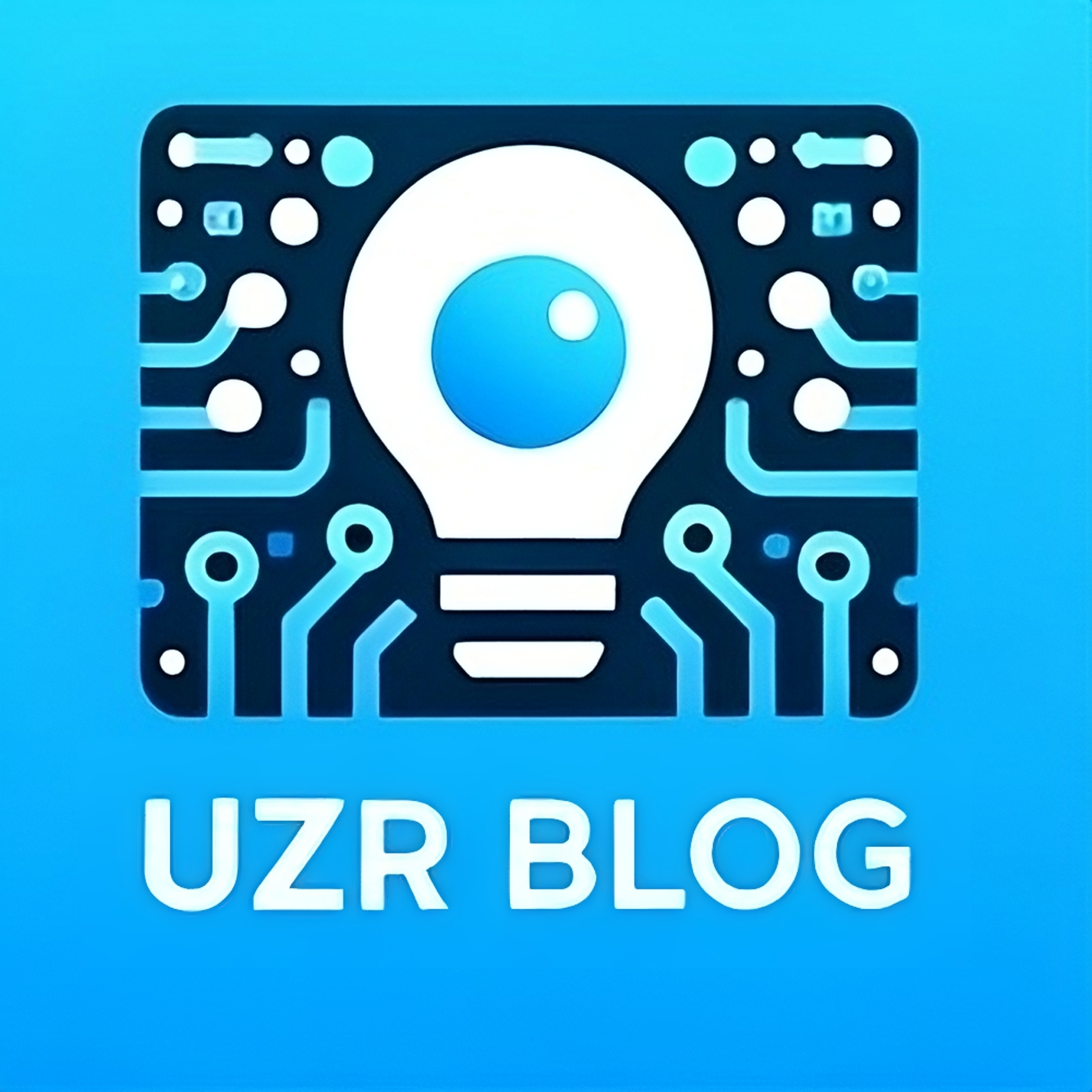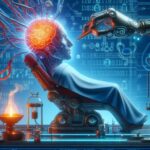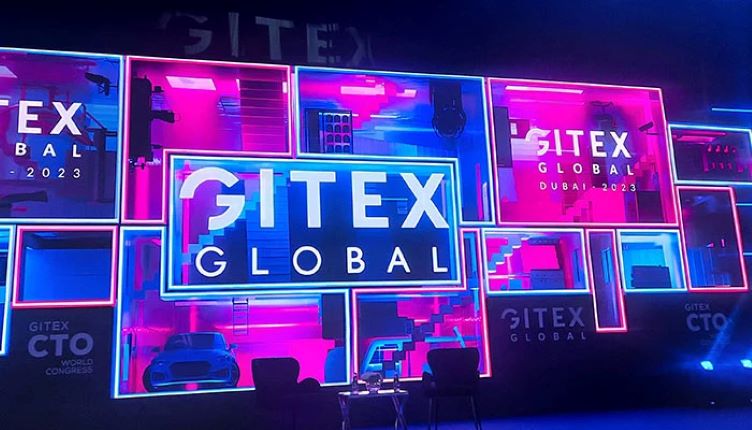AI Era Unveiled: Understanding the Job Market Transformation
In the journey of technology, we’ve witnessed amazing inventions, from steam engines to today’s advanced technological phenomenon: Artificial Intelligence. There have been times when machines have outperformed humans in terms of repetitive tasks or tasks that would require powerful muscular ability, but no one was ready to face the level of technological advancement where machines would start to possess the most supreme human ability called Intelligence. History proved that mankind has always felt both fearful and fascinated when it comes to technology. The way machines used to do simple or tough jobs better than us is nothing new. What’s different now is that machines are becoming intelligent in a way that challenges what makes us human.
This brings up a big question: How did machines become so clever, almost like humans? Well, the surprising part is that we did it – humans made machines this smart.
We designed and trained them to be this way. While we enjoy the convenience of ordering food with a simple click, there’s a hidden problem. We’re so amazed by what technology can do that we ignore the risks it brings, especially when it comes to jobs. You all might have heard this famous line from 21 lessons for the 21st century that When you grow up , you might not have a job. And it’s becoming an utter reality with the advancement of time and age .
The job market, or the way people find and do work, is changing a lot because of Artificial Intelligence (AI). Jobs that used to be done by people are now being taken over by smart machines. It’s a bit like a puzzle – we made the puzzle, and now we’re figuring out how to deal with it.
AI’s Role in Pandemic Response and Employment
One might say that it was COVID-19 pandemic that fuels the importance of Artificial Intelligence . Increased reliance on AI comes with a double-edged sword , as it not only enhances its importance but also raises concerns about rising unemployment and multiple layoffs. AI has already been linked to layoffs in the industry that created it. Multiple tech firms consider AI for laying off workers.
Chegg, an education technology company, disclosed in a regulatory filing last month that it was cutting 4% of its workforce, or about 80 employees, “to better position the Company to execute against its AI strategy and to create long-term, sustainable value for its students and investors.”
Tech giants like Google,amazon,Microsoft also experienced a never ending wave of employee layoffs.
On Wednesday, Google confirmed it had cut hundreds of engineering and hardware workers as it sought to cut costs and refocus on artificial intelligence. The same day, Amazon said it would cut some positions at its Prime Video and MGM Studios entertainment divisions. Twitch, a video game streaming company owned by Amazon, also said it was laying off 500 staff members. The Washington Post
Now one might be thinking about the reason why AI systems are more preferred over their human counterparts?
Living in times where the fear of lagging behind from others makes us perform at an unimaginably fast pace without getting frustrated physically or mentally. AI powered Machines such as robots were prioritized for this. Moreover , they are cost effective as they do not demand for pays , bonuses and other increments . And yeah , most importantly AI powered Machines cannot get sick no matter what.
For instance deployment of robots for performing human-based tasks like cleaning floors at an airport or taking peoples’ temperature.Even a salad selling robot Sally was also created by tech company Chowbotics.
Sally is just a single example of Artificial Intelligence taking over human jobs in the food industry by working as a waiter robot. You will find many around you from cars operating without drivers to AI news anchors.
From healthcare to banking, AI is disrupting traditional job roles, creating new opportunities, and challenging the way we perceive work. In this article, we’ll delve into the transformative effects of AI on different sectors, exploring its impact on job markets and the skills required to thrive in this new era.
Healthcare Transformed: AI’s Pivotal Role and Emerging Job Markets
AI is revolutionizing healthcare, offering innovative solutions for diagnostics, treatment plans, and patient care. With the rise of machine learning algorithms, medical professionals can now analyze vast datasets to identify patterns and make accurate predictions. AI-driven tools, such as image recognition software, help radiologists detect anomalies in medical images more efficiently, leading to quicker and more precise diagnoses.
In terms of job market impact, AI is creating demand for professionals with expertise in data science, machine learning, and healthcare informatics. Data analysts and AI specialists are crucial for developing and maintaining these systems. While certain routine tasks may become automated, there is a growing need for individuals who can interpret AI-generated insights, collaborate with medical teams, and ensure the ethical use of AI in healthcare.
AI in Customer Service: Evolution of Roles and Skills
The customer service landscape is undergoing a significant transformation with the integration of AI technologies. Chatbots, powered by natural language processing (NLP) algorithms, are becoming commonplace in handling routine customer queries and providing instant support. This not only enhances efficiency but also frees up human agents to focus on more complex and emotionally nuanced interactions.
The job market in customer service is evolving to require skills in AI management, as businesses seek professionals who can oversee the implementation and continuous improvement of AI-driven customer service solutions. Emotional intelligence and problem-solving skills are still essential, but now there is an added emphasis on understanding and optimizing AI-human interactions.
Autonomous Future: AI’s Disruption in Transportation Jobs
Autonomous vehicles are at the forefront of AI’s impact on the transportation sector. From self-driving cars to automated freight systems, AI is altering the dynamics of transportation and logistics. While this shift may eliminate certain manual driving jobs, it simultaneously creates new roles in AI system maintenance, monitoring, and cybersecurity.
The job market in transportation will see a surge in demand for AI engineers, cybersecurity experts, and professionals with expertise in robotics. Moreover, the development and maintenance of AI-powered traffic management systems will require skilled technicians and engineers. As the industry transforms, it’s crucial for workers to adapt their skill sets to stay relevant in a more automated environment.
Marketing in AI Age: How Artificial Intelligence Reshapes Roles
AI is reshaping the marketing landscape by providing data-driven insights and automating repetitive tasks. Marketers can leverage AI algorithms to analyze consumer behavior, personalize content, and optimize advertising strategies. This shift is particularly evident in programmatic advertising, where AI automates the buying of ad inventory to target specific audiences more effectively.
In the marketing job market, there is a rising demand for data scientists, AI specialists, and marketing analysts who can interpret AI-generated insights. Creativity remains a valuable skill, but it is now complemented by the ability to harness the power of AI for more effective campaigns. As AI continues to evolve, marketing professionals must stay ahead of the curve to navigate this dynamic landscape.
Finance and AI: Navigating the New Landscape of Banking Jobs
The banking and finance sector is no stranger to technological advancements, and AI is making significant inroads. AI-powered chatbots assist customers with financial queries, while machine learning algorithms analyze market trends and assess credit risks. Robo-advisors are gaining popularity, providing automated investment advice based on personalized financial goals.
This transformation in the financial industry will impact job roles, creating a demand for professionals skilled in data analytics, AI development, and cybersecurity. Traditional banking roles may evolve to require a blend of financial acumen and technological expertise. As routine tasks become automated, there will be a greater emphasis on strategic decision-making and risk management.
Culinary Innovations: The Role of AI in Food Industry Jobs
AI is making its mark in the food industry, from automating kitchen processes to enhancing customer experiences. Automated ordering systems, predictive inventory management, and AI-driven recipe optimization are streamlining operations in restaurants and food service establishments. Additionally, AI is contributing to the development of alternative proteins and sustainable food solutions.
The job market in the food industry will see a shift towards roles that involve implementing and managing AI systems in kitchen operations, supply chain optimization, and customer service. Skills in AI system maintenance, data analysis, and innovation will be highly sought after. As the industry adapts to AI technologies, workers will need to cultivate a mix of culinary expertise and technological know-how.
Human-AI Collaboration: Shaping the Future of Work and Skills
Relationship of Artificial Intelligence and Humanity is now a never ending aspect . The impact of AI on the job market is undeniable and it will undoubtedly change the nature of work and our lives but it wont replace human beings . While certain routine tasks may become automated, AI creates new opportunities for jobs that require a blend of technical skills, creativity, and adaptability. As industries evolve, professionals must stay updated of technological advancements and continuously upskill to thrive in the AI-driven future. The job market is shifting, and those who embrace these changes will be well-positioned for success in the industries of tomorrow.
Embracing AI: The Path Forward in the Evolving Job Landscape
As we navigate the transformative landscape sculpted by Artificial Intelligence, it becomes evident that AI is not just a fleeting trend, but a fundamental shift in the way industries operate and jobs are defined. The dawn of AI heralds both challenges and opportunities – it reshapes existing roles and carves out new ones, demanding a synergy of human ingenuity and technological prowess.
But this is not just a tale of replacement; it’s a story of evolution and collaboration. The future of work in the AI era isn’t about machines versus humans, but about how we can coexist and collaborate. As routine tasks become automated, our focus must shift to what AI cannot replicate – creativity, empathy, and ethical judgment.
Now is the time to embrace lifelong learning, to continuously adapt and acquire new skills that complement the capabilities of AI. Whether you are a professional in healthcare, customer service, transportation, marketing, or any other field touched by AI, the key to thriving in this new era lies in leveraging AI as a tool that amplifies, rather than replaces, human potential.
The journey with AI is an ongoing one, and staying ahead means being proactive, adaptable, and open to the endless possibilities that this partnership between humanity and technology brings. Let us stride into this future, not with apprehension, but with the eagerness to innovate, collaborate, and reinvent the world of work as we know it.
















